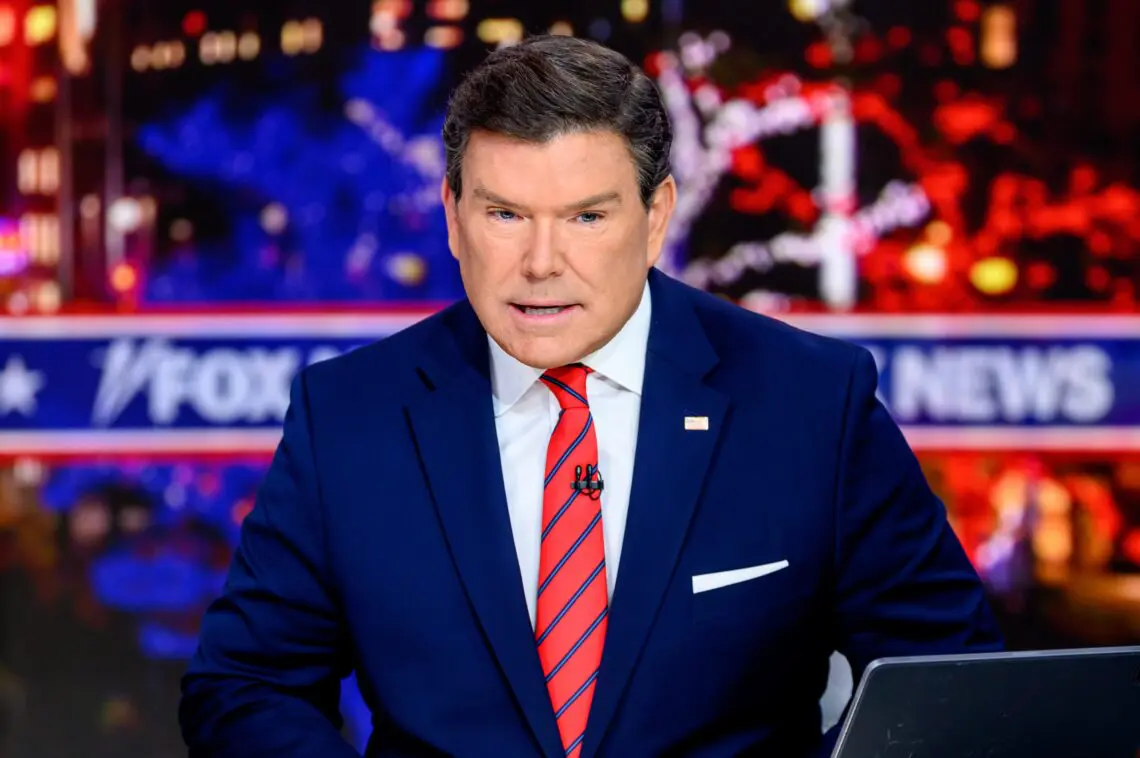Bret Baier on Kamala Harris interview: A defense of tough journalism
A tense encounter on Fox News
Bret Baier’s interview with Kamala Harris on October 16 has drawn significant attention, not just for its content but also for Baier’s interviewing style. The discourse even spilled over into pop culture, with a “Saturday Night Live” parody featuring Alec Baldwin portraying Baier. The segment focused on Baier’s frequent interruptions, a tactic he says was necessary to keep the conversation on track.
The rationale behind the interruptions
Baier revealed that his persistent interruptions were aimed at redirecting Harris from long-winded talking points. According to him, without these interjections, the vice president would have dominated the time with extensive answers, leaving less room for critical questions. Baier stated, “I felt it was necessary to step in; otherwise, we’d cover only a few topics in our limited time.”
Comparing past interviews
Interestingly, this wasn’t Baier’s first contentious interview. Data shows Baier interrupted Harris 38 times in 27 minutes, a stark contrast to his 2023 interview with Trump, where he interrupted 28 times in 36 minutes. This comparison has fueled discussions about the disparity in interviewing styles between different political figures. Despite the blowback, Baier maintains that his approach remains consistent, irrespective of the interviewee.
Public and professional response
The interview garnered mixed reactions. Some observers criticized Baier for being overly aggressive, while others praised him for holding Harris accountable. The segment was widely discussed and even lampooned on “SNL,” where Maya Rudolph’s Harris humorously scolded Baldwin’s Baier for not letting her complete her answers. Baldwin’s Baier quipped, “Well, I can’t because I’m talking,” highlighting the interview’s combative nature.
Campaign strategy and viral moments
Baier noted that Harris’s team aimed for strong viral moments during the interview. “They had a plan to make an impact, and Harris did manage to create a few viral moments, largely by discussing former president Trump,” Baier commented. He explained that due to the limited time and Harris’s elaborate answers, it was a struggle to cover multiple topics thoroughly. “We could have only managed four questions in those 20 minutes if I hadn’t intervened,” he added.
Reflecting on the style and substance
Despite the backlash, Baier stands behind his technique. He argues that tough, fair questioning benefits both the audience and the candidates. “I understand the criticism,” Baier said, reflecting on feedback from viewers. He mentioned that his one-on-one with Trump was equally intense and filled with interventions, suggesting a consistent approach to political interviews. “The former president wasn’t pleased at the time either,” he said, indicating that discomfort is part and parcel of hard-hitting journalism.
Looking forward: A potential sequel
Baier remains optimistic about future interactions with Harris. “I’d love to try again,” he stated, expressing a desire for another opportunity to question the vice president. He emphasized that rigorous questioning holds value for viewers and voters, enabling a more informed public discourse.
Conclusion: Fair questions for a better democracy
In an era where media scrutiny and political interviews are under the microscope, Baier’s approach continues to spark debate. His recent encounter with Kamala Harris serves as a testament to the challenges journalists face when balancing time constraints and the need for in-depth questioning. By maintaining a rigorous and assertive interviewing style, Baier hopes to foster a more transparent and accountable political environment.
For those interested in further updates and nuanced takes on political interviews and journalism, stay tuned and share your thoughts on social media platforms. Your engagement is vital for a diverse and informed conversation.

 Italian
Italian







